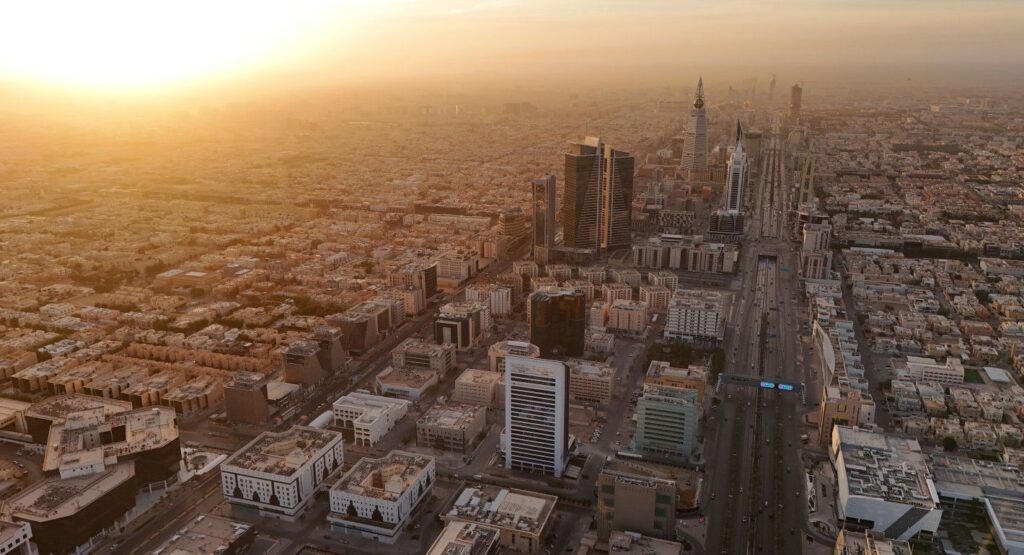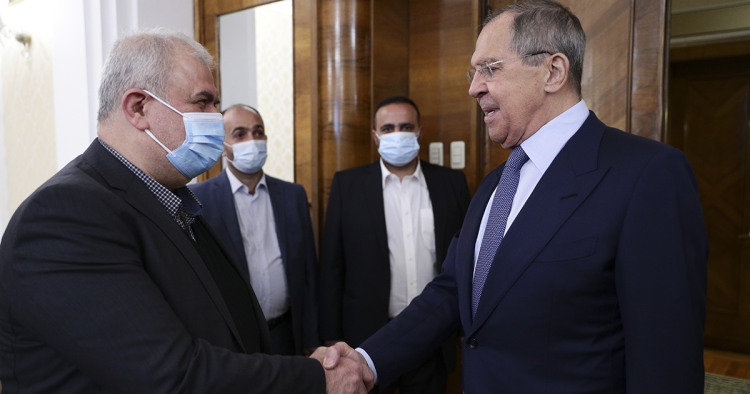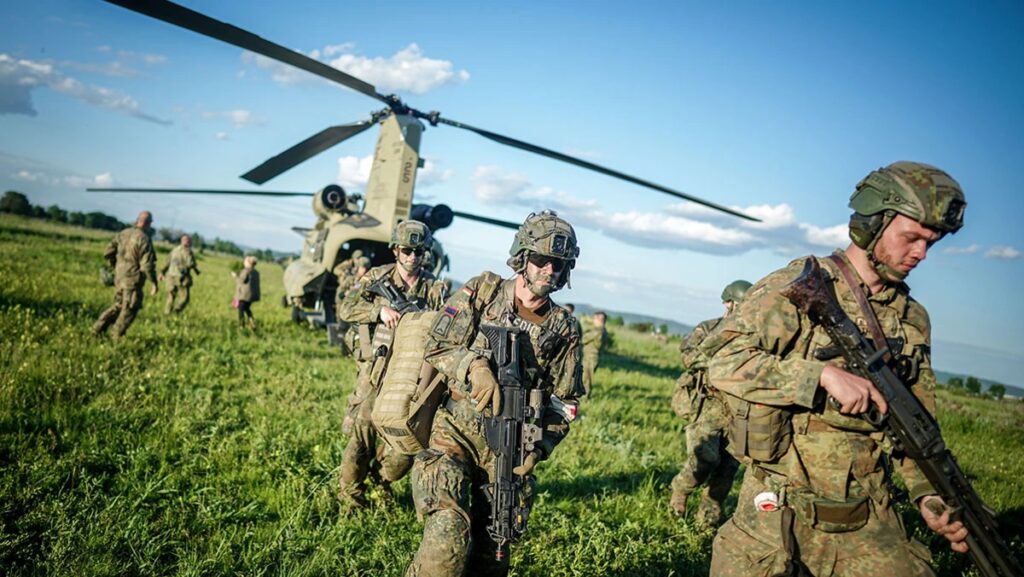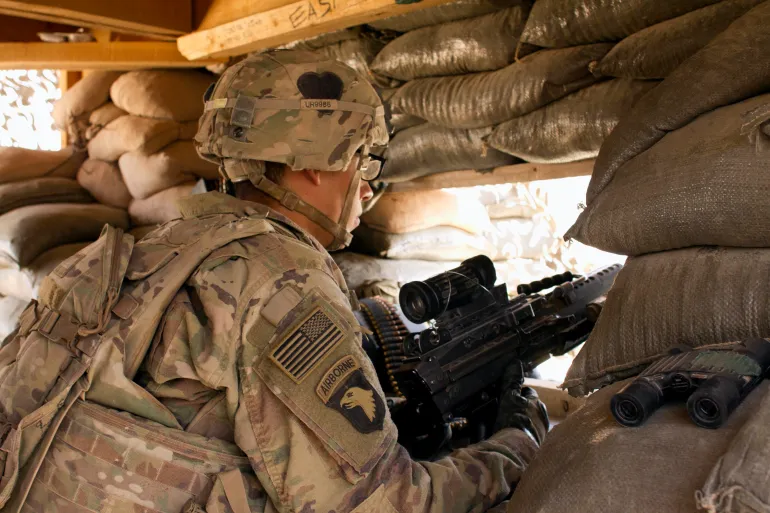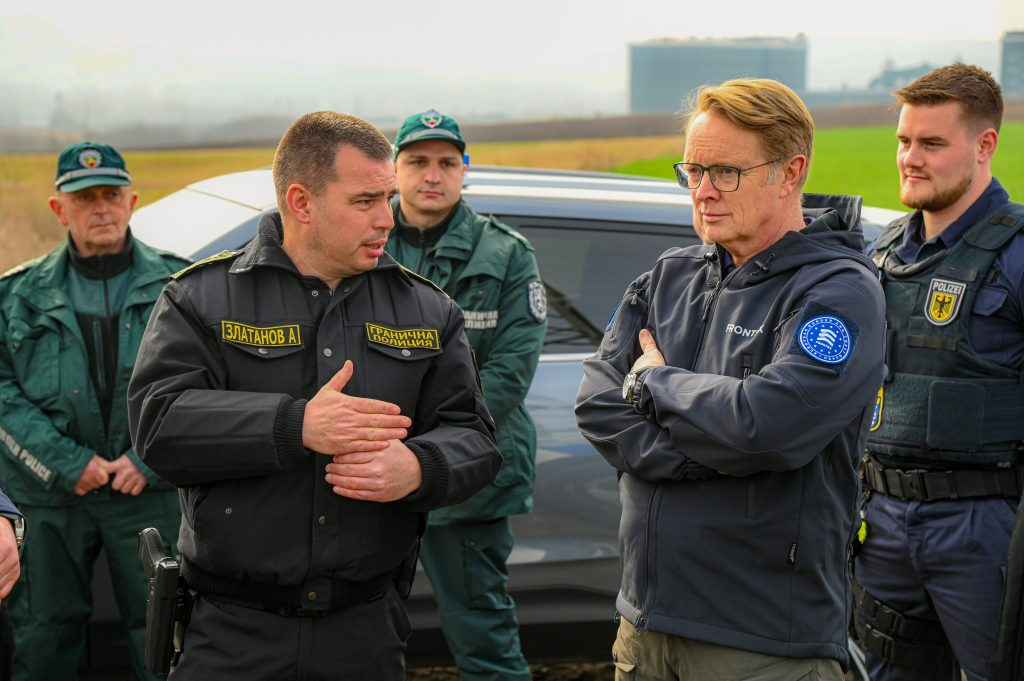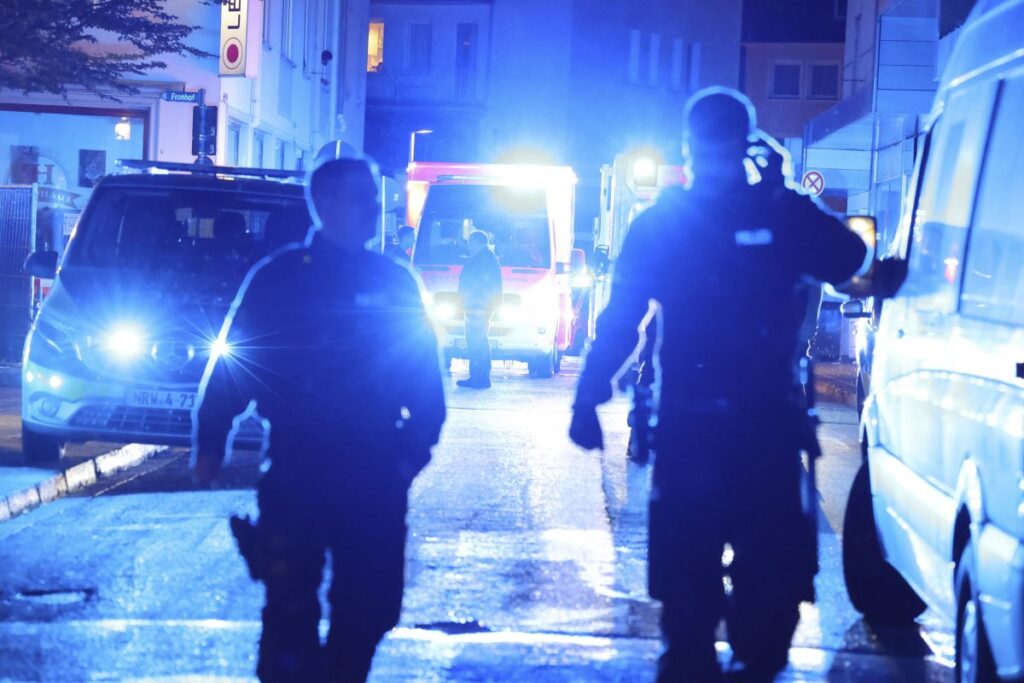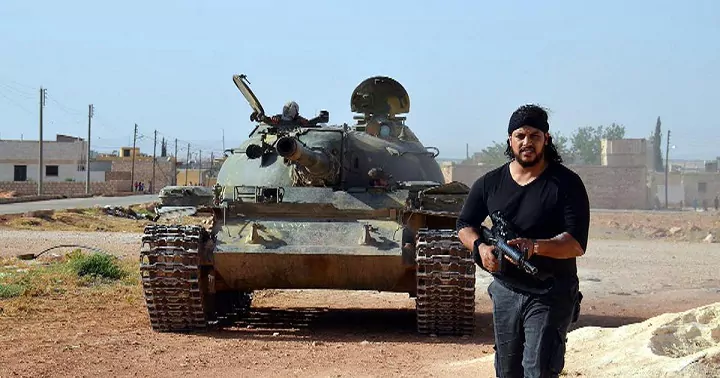Ali Hage Zaki Jalil
Terror organization: Hezbollah
Status: Operative
Role: A plane of the company “Alas Chiricanas” had taken off from France Field Airport, in the province of Colón, and was heading to Panama’s international airport. Barely ten minutes after takeoff it exploded in the air and caused death of 21 people. The date was July 19th, 1994, just a day after the attack on the AMIA building in Buenos Aires.

